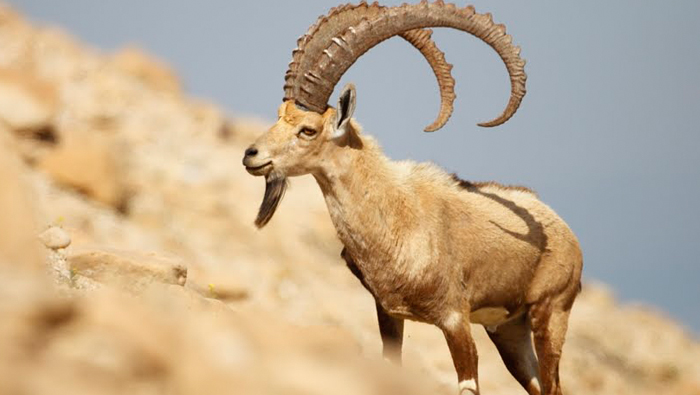
Muscat: The Office for Conservation of the Environment in the Diwan of the Royal Court presented a talk in London about the Arab Ibex and Nubian Ibex, along with an exhibition on Oman’s wildlife.
In cooperation with the Royal Geographical Society of Britain, the Office presented lectures at the Society’s headquarters in London, as part of the environmental studies carried out on the Ibex, which are considered to be endangered, according to the International Classification of the Conservation of Nature.
The programme also included a short visual on Oman’s wildlife and an exhibition of 20 photographs showcasing the wildlife of Oman.
The lecture was held under the patronage of Sayyid Badar bin Hamad Al Busaidi, Secretary General of the Ministry of Foreign Affairs, in cooperation with the Omani British Society, in the presence of a number of officials from the British Embassy in UK and the heads of universities, academics, students and environmentalists from the UK.
The Office of the Conservation of the Environment in the Diwan of the Royal Court seeks to introduce the international community to environmental projects carried out by the Sultanate, and its efforts to raise awareness around these projects globally. It is expected that this event will open cooperation with international environmental institutions.
The Arab Ibex is an endangered mammal. Despite the fact that it is listed under direct protection programmes in some states, there are threats that reduce the chances of survival in most areas it is found in, such as the division of its livelihoods through roads and urban expansion within mountain areas, and the fierce competition for pasture lands by local cattle herds, as well as illegal hunting activities.
One of the programmes implemented by the Sultanate to protect the Ibex is the “Arab Ibex in the Mountains of Al Sarin”, in which officials provided the Ibex with tracking devices to analyse their travels in the reserve, as well as understand the sites they prefer and the times when they are active. Officials also try to determine the extent of the Ibex’s dependence on drinking water by tracking the availability of water resources, in addition to the use of cameras that contribute to a better understanding of their activities.